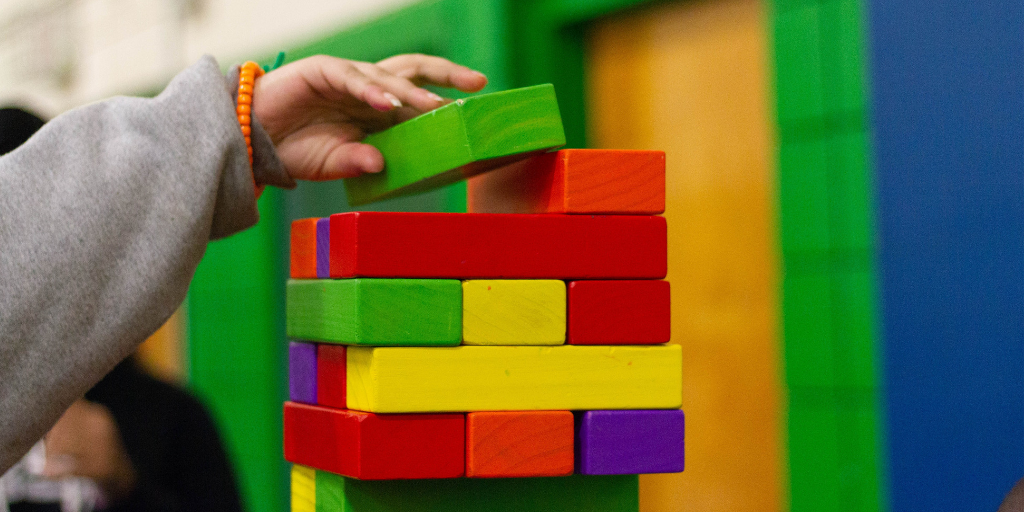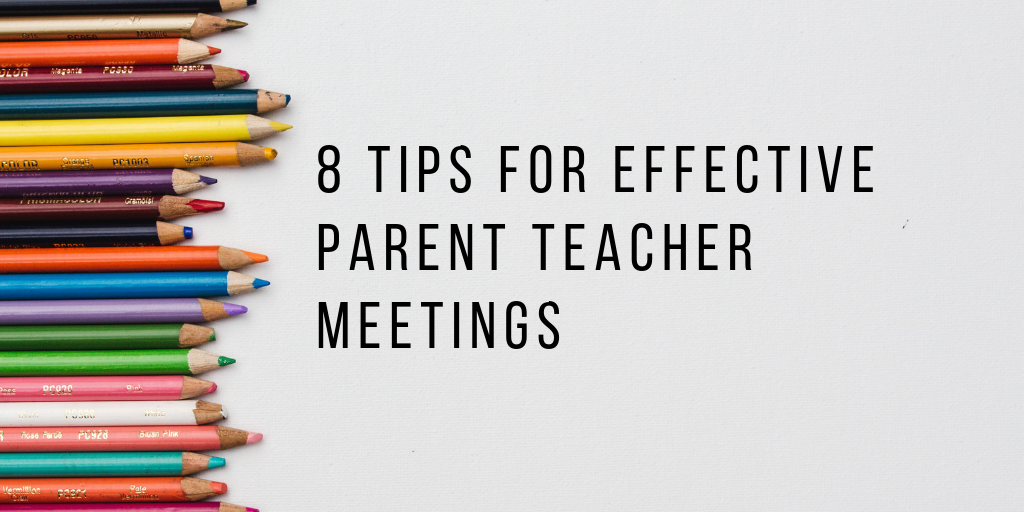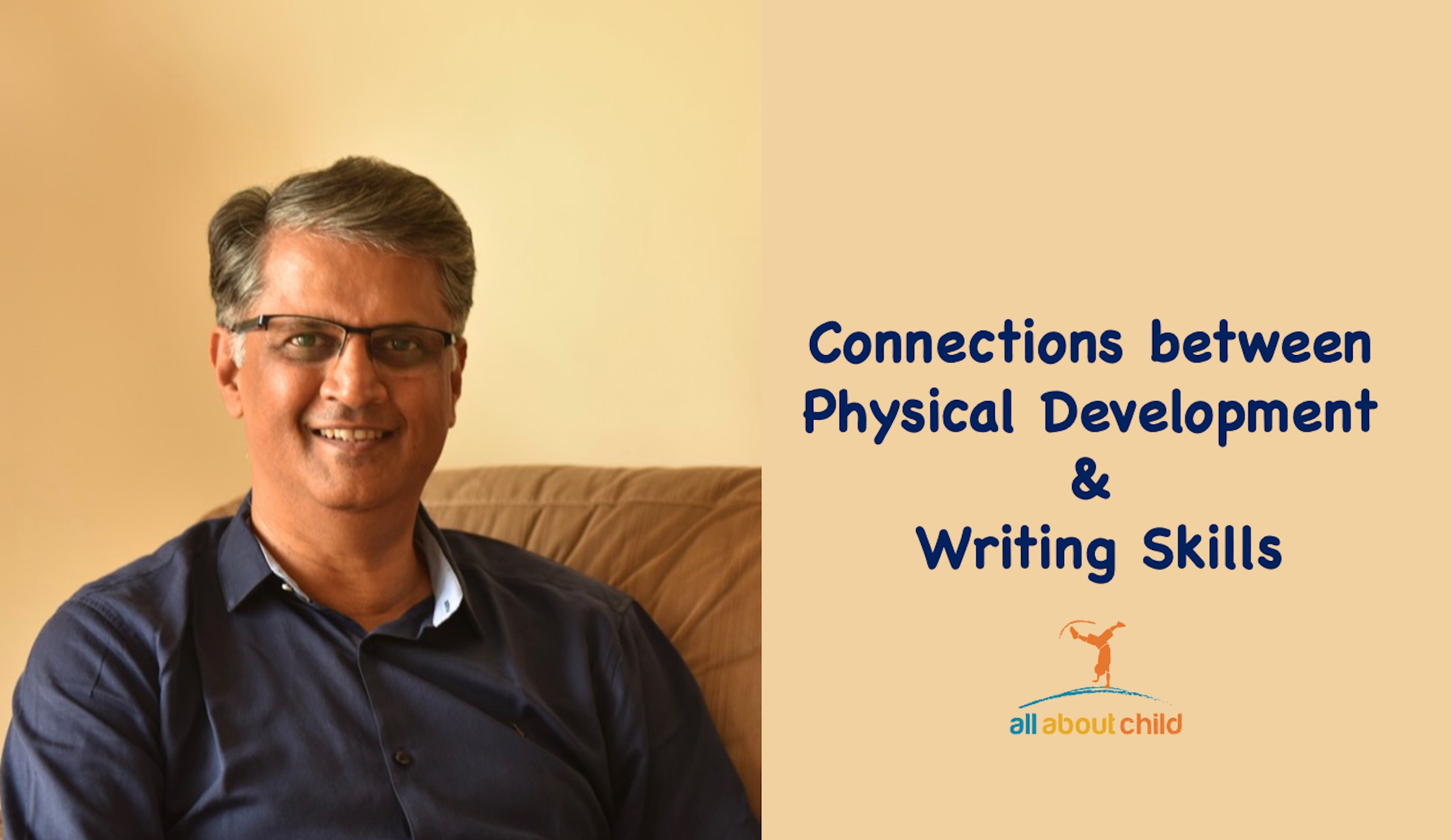First, let us distinguish between hearing and listening because, both are not the same. When parents ask a child to “listen” the child is “hearing” and most often may not be listening. Hearing simply happens because it is an act of perceiving sound whereas listening requires concentration so that the brain is processing the meaning from the sounds of the words and sentences. This article explores five effective strategies of “learning to listen” that are easy to implement.
1. Listening starts at home:
Developing active listening skills amongst children starts at home with parents as role models. Don’t expect a child to be a good listener if the parents aren’t. It is important for parents to invest in themselves in developing this skill and then teach a child to listen. Parents must make eye contact and pay attention when the child is talking. Parents must repeat the sentences the child is saying to ensure that they have understood clearly what the child is intending to convey, in this process, the child is beginning to develop language skills after listening and becoming aware of the words spoken by adults around them. Modeling proper listening gives children a reference for her/his own listening.
2. Do as I say attitude:
Many a times parents would like their children to follow their command and not question the parents. There is a strong possibility of a conflict between parents and the children when children question certain things the parents ask them to do. Parents may comment saying “you are not listening to me”. While the child has intently listened to you and is just not obeying you. It is a good practice for parents to reason out with children as to why parents want children to obey.
3. Don’t discourage a child to ask questions:
Parents should note that it is natural for children to ask questions even if they are trivial. For example, why is the sky blue in color, why do dogs bark, why does it rain, etc. Parents should once again listen carefully to the question and answer by making good eye contact. In this process, the child knows that it is ok for her/him to ask questions and seek answers. Parents should let the child know if they don’t know the answers and should make a joint effort in finding out the answers. This is quality time spent between parent and children in strengthening the listening skills.
4. Ask the child to repeat:
It is a good practice to ask a child to repeat after you when you as parents are giving children instructions. For example, if the child is asked to wash hands with soap, wipe the hands with a clean towel and then eat the snack. Have the child repeat back the three things she/he needs to do. This gives the child a chance to process what was told and allows the parent to make sure that the child is listening to the parent and has clearly understood.
5. The power focused conversation:
Parents should have frequent focused conversations with a child about the topics that interest the child for example a Barbie doll or a car. This gives the child a chance to engage in a real conversation that has a purpose for them, as it relates to a topic that the child enjoys talking about. This also gives a chance for the child and the parents to practice both speaking and listening skills. This process is engaging and rewarding family time.
6. The art of reading stories
Children love stories even if the same story is repeated several times because children like predictability. While reading to them take a pause and ask them to predict what happens next, this could be with a familiar or a new story. The prediction requires the child to listen to the details to make a logical guess. After reading the story, ask the child to retell the story in her/his words. In this process, the child is listening to the words and understand what the words mean.
If you think you have a child that has poor listening skills, first ask yourself if you are a good listener and try the above strategies. Listening will not happen overnight but is an evolving process. Happy Listening!










